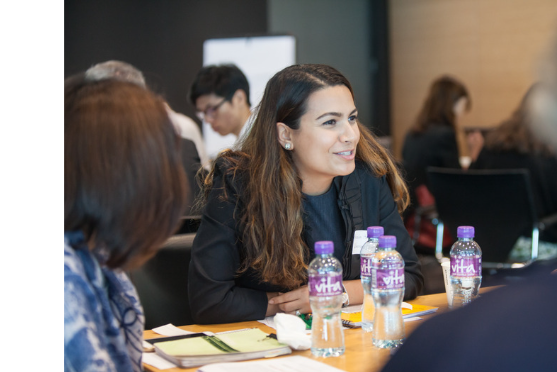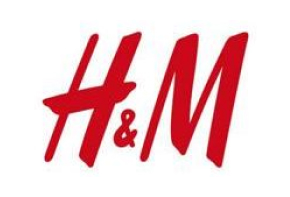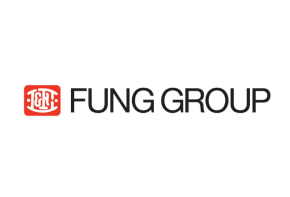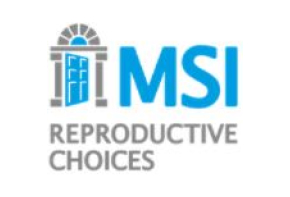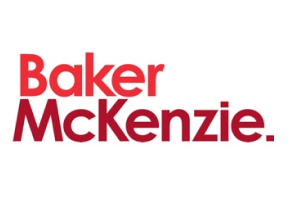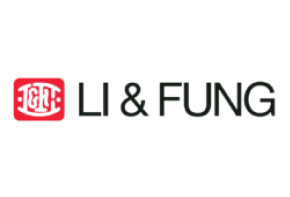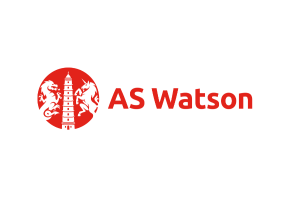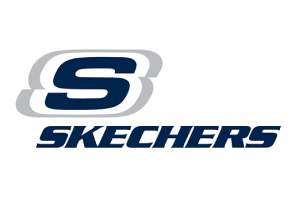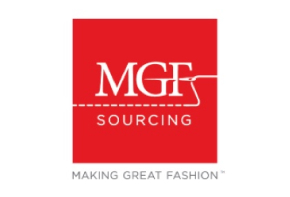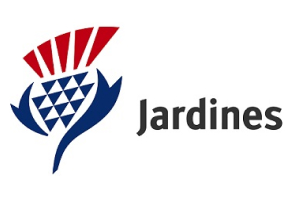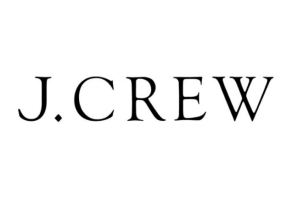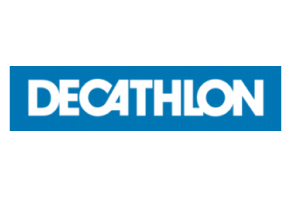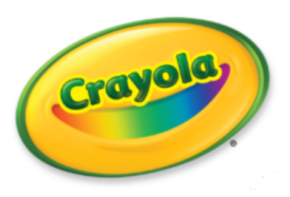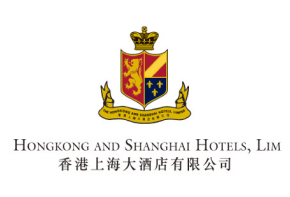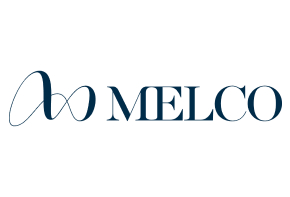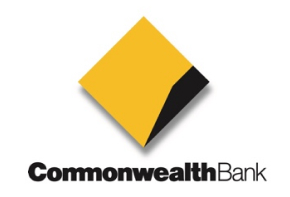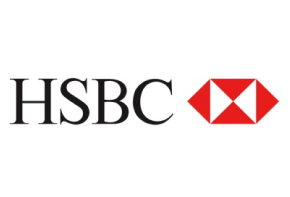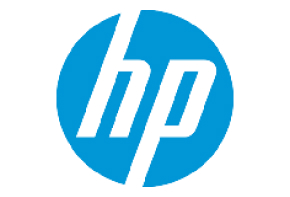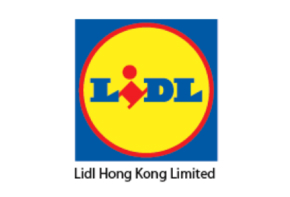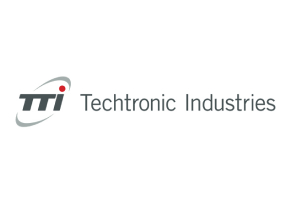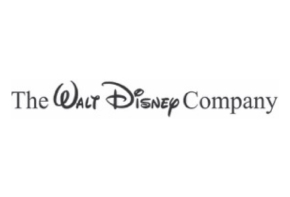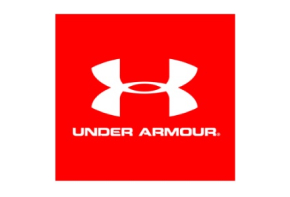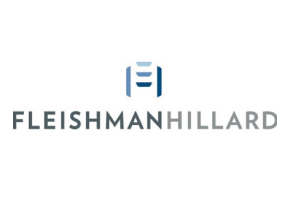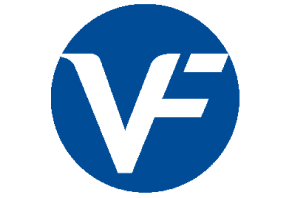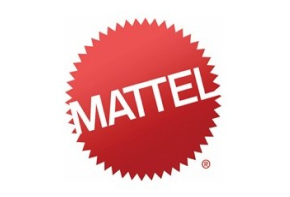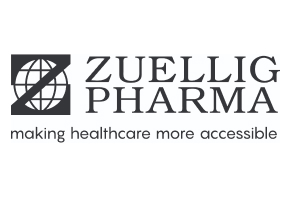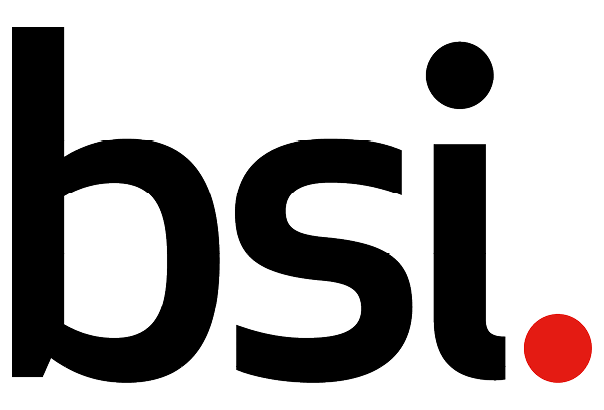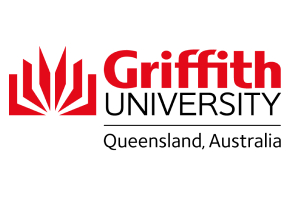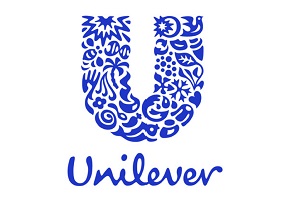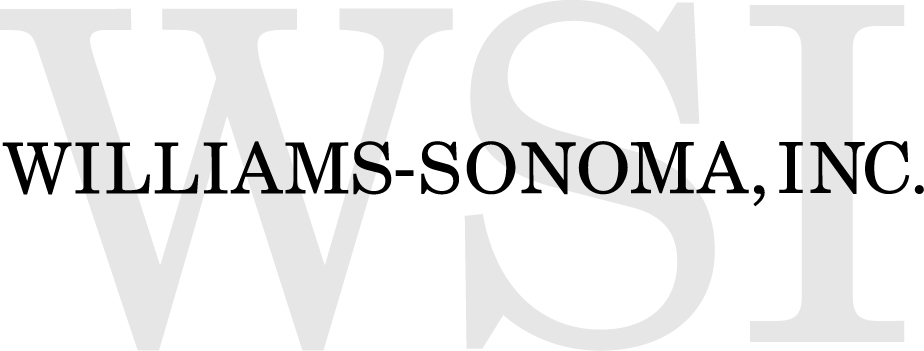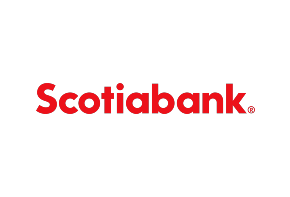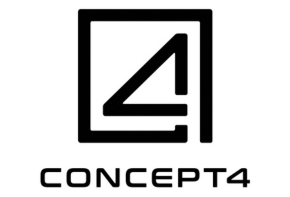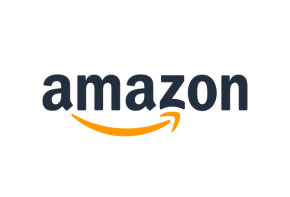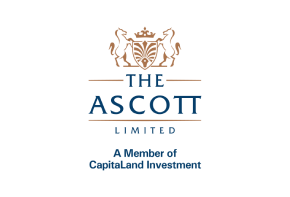Get Involved
Companies can join the Mekong Club as members, gaining access to a wide range of membership benefits and support to develop and maintain a sustainable anti-slavery strategy. We welcome organisations from any industry to join as a Member. We also work with a passionate team of volunteers who use their unique skills and expertise to develop tools and resources. Finally, we are immensely grateful for donations made to support our work.
Request membership information
Companies that join the Mekong Club get access to a range of membership benefits. These include cutting-edge modern slavery toolkits and resources, one-on-one consultancy support and training, and access to a community of likeminded professionals addressing modern slavery issues across the globe.
Request Information

- Membership Benefits
- Fees
As a Mekong Club member, your organisation gains access to a wider range of membership benefits, and joins a community of likeminded professionals working on modern slavery issues across the globe.
One Company membership applies to all offices, departments, and employees globally.
Mekong Club membership benefits include:
– Our complete set of modern slavery toolkits and resources
– An annual confidential baseline assessment of your anti-slavery strategy
– Unlimited consultation on any modern slavery topic, such as remediation, risk assessment, and due diligence approaches
– Review and feedback on your modern slavery statements and policies
– An inventory of modern slavery red flags and indicators
– Input on our new tool development, and opportunities to be the first to access new innovations
– Quarterly working group meetings and industry sharing sessions
– Guidance on legislation and compliance
– Webinars, e-learning, and online trainings
– Access to our workshops and events
– A monthly digest of curated news
– Technical advice from international experts
– Networking opportunities
– Best practice sharing and mutual learning opportunities
– Membership is granted on a company-wide basis. Therefore, under one company membership, all employees of the company globally gain access to all of the listed membership benefits.
– The annual fee for a company with 250 employees or more is USD 12,000. For academic institutions, nonprofits or companies with less than 250 employees is USD 7,000.
CASE STUDY
- Manufacturing
- Financial Services
- Hospitality
- Airline
- Retail

We were approached by a multinational manufacturing brand that was seeking support in better engaging with workers across its very complex and vast supply chain. This organisation had multiple sourcing offices spanning over 10 different countries, sourcing goods that from suppliers that totaled over 5000 factories.
We started working with this organisation to implement the Apprise Audit platform into its standard auditing procedures. This involved equipping over 100 social auditors with the technology, training each one on how to use and respond to the data, and offering support and guidance on key modern slavery risks as they emerged through this process. We have worked with this manufacturer to conduct over 15,000 worker interviews in the past year. We have worked closely with the brand to understand the data gathered through this exercise and refine their approaches in response, to ensure that workers in their supply chain are protected and any risk factors are discussed and responded to appropriately.
In addition to using Apprise, this brand has since enlisted the Mekong Club’s support to help develop policies and procedures related to responsible recruitment, dormitory safety, and remediation planning. Additionally, we review and provide feedback on their annual modern slavery statement, to ensure that the work that they do with us is well-reflected in their reports.

We were approached by a Bank seeking to strengthen its modern slavery approaches across its diverse lines of business. This Bank has retail, commercial, and corporate banking, as well as an extensive investment and wealth management portfolio. They were conscious of a need to upskill staff across a wide range of departments and sought the Mekong Club’s help in order to achieve this. Over time, we built trusted relationships with leaders across multiple different segments of the Bank, which led to exciting and impactful work, including:
– Providing masterclass training to over 500 anti-money laundering professionals during a week-long financial crime risk awareness event.
– Supporting with assigning modern slavery risk ratings to all commercial banking customers (by rating each SIC code classification based on reliable data sets).
– Training for the property & procurement teams on modern slavery risk indicators and supplier risk assessment.
– Providing a modern slavery trend update at their regular internal modern slavery working group meeting.
– Working with the transactions monitoring team to carry out an investigation into modern slavery risk within the agricultural sector, identifying high risk clients and suspicious transactions for escalation.
– Providing training to ESG analysts on how to read a Modern Slavery Statement with a critical eye, to identify which investees are making better progress in addressing modern slavery.
We work with this financial service provider to strengthen their response to modern slavery issues across so many areas, and as part of these we facilitate the linking up of colleagues working on similar issues. This helps with information and best practice sharing and demonstrates the value of collaboration in addressing this crucial topic.

We were approached by a major hotel chain that had hotels throughout Asia. While they had addressed the issue of modern slavery in their supply chains, they wanted to better understand how to address sex trafficking that could take place in their hotels. They had heard that hotels and motels were being sued in the USA for failing to identify this happening on their premises. They were concerned that this trend would begin to happen in Asia. They wanted to be ahead of the curve and ensure that no exploitation could occur under their watch.
To help raise awareness among the hotel managers, we offered a detailed summary of the issue and its relevance to the hospitality industry. Two weeks later, we met with representatives from the following departments: legal, housekeeping, security, concierge, reception, and CSR. During a strategic planning exercise, we came up with a protocol for helping to address suspected sex trafficking cases.
To initiate the plan, a training was done for housekeeping, reception and security staff. They were provided with a set of indicators. If found, they would be reported to the security department for their follow up.
As a result of this training, the hotel reported that they had identified several suspicious cases. This approach helped them to understand the issue and to offer a viable response to protect their business.

We were approached by an airline that was concerned that their business could be used to facilitate modern slavery. Not knowing where to begin, they invited us to talk to their senior management. This step was needed for them to understand the relevance of this topic to their business.
We were then invited to do a presentation for the general staff. Over 700 people attended this event. Following this presentation, the airline worked with us to develop a public service announcement video and an article that could be used in their inflight magazine.”
We also provided a presentation to flight attendants to offer a set of potential red flag indicators that could be used to identify suspicious situations on-board planes.
Five years after carrying out these efforts, we were invited to the airline to receive feedback. They indicated that our work had helped them to understand the issue. This encouraged them to go beyond sex trafficking to include supply chain vulnerability risk assessments related to their in-flight meal products. The resulting initiatives included them carrying out developing policy statements, risk assessment protocols, audits, and remediation strategies when suspicious situations occurred.

We were approached by an intimate apparel company that wanted to ensure that their products were slave free. Because their clientele is primarily socially conscious women who care deeply about social issues, this topic was very important to them.
We were invited to visit a factory in China. We provided a 1-hour presentation to the senior management staff and a 2-hour presentation to the factory staff. This was the first time the production line had been stopped for such a training. Over 30 questions were asked by the factory employees.
As a result of this discussion, three changes followed. First, a suggestion box was set up to give staff an opportunity to anonymously offer feedback. Second, the audit surveys were reviewed to ensure that the right questions were included to address forced labour vulnerability. Finally, a set of policy statements were developed that could be used for the factory’s suppliers to reinforce their “zero-tolerance” for modern slavery.
Follow up took place two years after the event. What was initially a one-off training turned out to be a regular event that was carried out by the factory managers.
Become a Volunteer
We value our community of passionate volunteers from diverse backgrounds and industries. Our skills-based volunteering programme allows you to apply your skills to the issue of modern slavery and make a real impact. Mekong Club volunteers help in a variety of ways, from app development or research writing, to social media and event planning.
Testimonials
-
 “Skechers- It is invaluable to work with people who are so passionate about certain issues. Mekong Club is very competent and knowledgeable with regards to many aspects of the labour force within the supply chain. They are able to identify hotspots and issues that are relevant and important to international buyers, a level of application that is not possible without extensive knowledge. From issues at an industry level, to modern slavery from a global standpoint, Mekong Club is able to piece and link together practical information for members to act on for modern slavery prevention.”
“Skechers- It is invaluable to work with people who are so passionate about certain issues. Mekong Club is very competent and knowledgeable with regards to many aspects of the labour force within the supply chain. They are able to identify hotspots and issues that are relevant and important to international buyers, a level of application that is not possible without extensive knowledge. From issues at an industry level, to modern slavery from a global standpoint, Mekong Club is able to piece and link together practical information for members to act on for modern slavery prevention.”
-
 “Fung Group - Mekong Club is one of the few trusted organisations, based in Asia, that works with the private sector to address modern slavery risks. As Asia-Pacific plays an important role within global supply chains and is also home to more than 16.5 million victims of modern slavery, it’s important to have an organization that has first-hand understanding of local challenges and can offer home-grown solutions. The Mekong Club has technical expertise, network and tools on tackling modern slavery, whose value is amplified when paired with the private sector’s economic leverage and global presence. Most importantly, Mekong Club believes in the importance of what they do. It is their passion, expertise and willingness to partner with other like-minded actors that generates their far-reaching impacts. ”
“Fung Group - Mekong Club is one of the few trusted organisations, based in Asia, that works with the private sector to address modern slavery risks. As Asia-Pacific plays an important role within global supply chains and is also home to more than 16.5 million victims of modern slavery, it’s important to have an organization that has first-hand understanding of local challenges and can offer home-grown solutions. The Mekong Club has technical expertise, network and tools on tackling modern slavery, whose value is amplified when paired with the private sector’s economic leverage and global presence. Most importantly, Mekong Club believes in the importance of what they do. It is their passion, expertise and willingness to partner with other like-minded actors that generates their far-reaching impacts. ”
-
 “VF Corporation - Our collaboration with The Mekong Club has been nothing but a success. They have continually met us where we are a company; especially during challenging times. The Mekong Club offers an opportunity for us to explore creative solutions which is critical to meet our business needs. It is a partnership that is built on trust and inspiration.”
“VF Corporation - Our collaboration with The Mekong Club has been nothing but a success. They have continually met us where we are a company; especially during challenging times. The Mekong Club offers an opportunity for us to explore creative solutions which is critical to meet our business needs. It is a partnership that is built on trust and inspiration.”
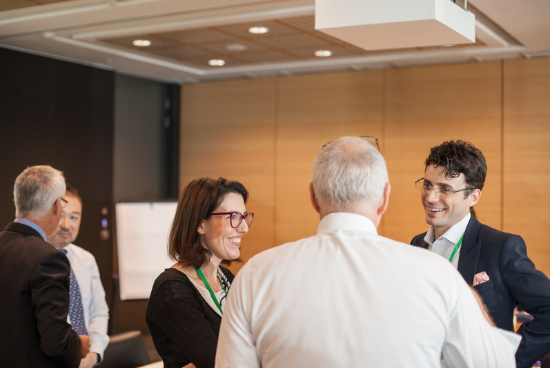
Make a Donation
FAQs
-
Does The Mekong Club provide corporate trainings on modern-day slavery?
-
What resources and services do Mekong Club members receive?
-
How often does The Mekong Club host industry working groups?
-
Does The Mekong Club provide any resources to stay informed on modern slavery trends?

